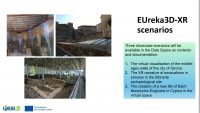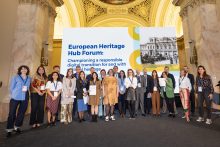the new project, started in January 2023, complements efforts in creating a common European Data Space for Cultural Heritage
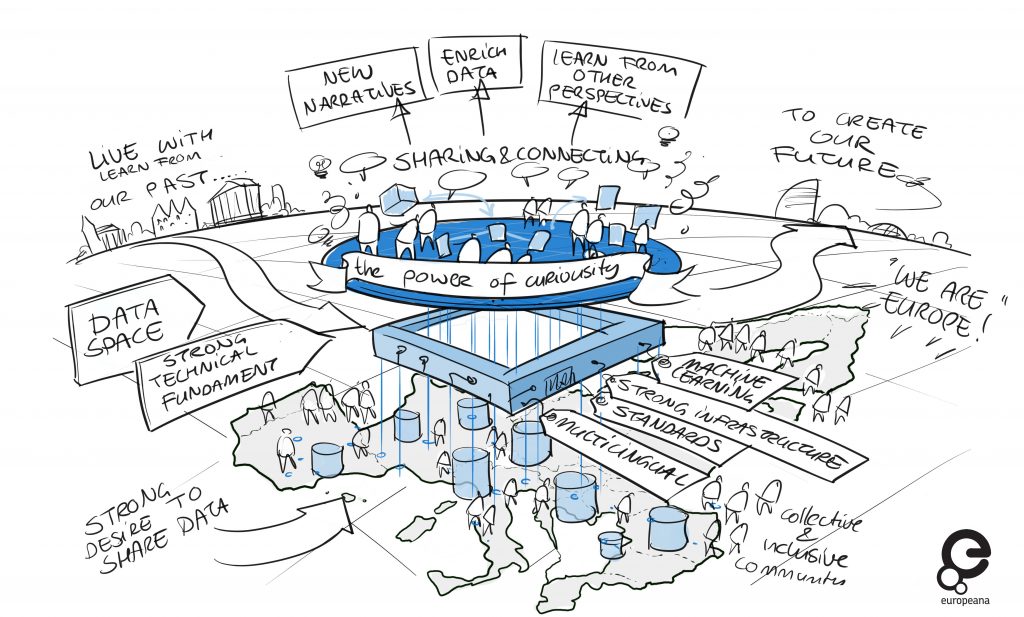
image CC-BY-SA Europeana/drawing Jeroen Meijer
The EUreka3D project, co-funded by the Digital Europe Programme of the European Union, addresses the growing need of enabling the digital transformation of the Cultural Heritage (CH) sector, in line with and complementing the scopes of the common European Data Space for Cultural Heritage. The digital transformation comes from a decades-long process of basing museum (and also in general Galleries, Libraries, Archives and Museums-GLAM) operations on solid information-sharing infrastructures, forcing an overall rethinking of the underlying work processes and business models. However, not all institutions have achieved the same level of maturity towards the new digital environment they need to embrace, and despite the covid19 crisis which acted as an accelerator of the process for nearly everyone in the sector, much work still needs to be done especially for smaller Cultural Heritage Institutions (CHIs).
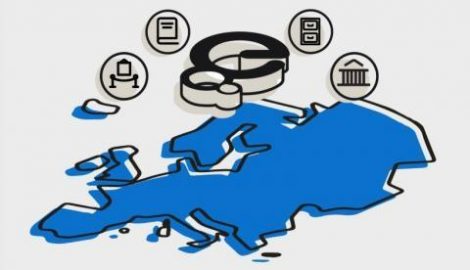
image from European Commission website
The vision of a European Data Space for Cultural Heritage as a participatory playfield for all the actors involved (cultural institutions, technology partners, multidisciplinary experts, creative industry, scientific researchers, end-users) moves in the direction of modernizing workflows and digitization capacity of the cultural heritage sector at large, and requires CHIs of any size to enter the challenge of advanced digitization (especially 3D digitization in high-quality), holistic representation of CH information and re-use approaches. The existing services of the Europeana.eu platform is a good starting point to support sharing and re-use, but an integration with more advanced, powerful and safe services is needed to answer to the demand of small institutions, as well as modern workflows and increased digital capacity are requested on the side of CHIs.
In this light, EUreka3D project focuses on improving the digital capacity of the cultural sector by offering a knowledge centre and a service and resource hub, based on a smart technical infrastructure whose services are registered on the European Open Science Cloud (EOSC). CHIs can access a virtual space of knowledge, can use storage and computing resources to manage their 2D and also 3D assets. Following the Recommendation 1970/2021 issued to Member States by EC, CHIs are in facts also called to improve efforts in meaningful 3D digitization, which they may not be fully acquanted with yet. A cloud-based and safely-authenticated environment as developed by EUreka3D will make it easier and more accessible for CHIs to create, manage, archive, preserve and share digitised objects, with a particular focus on 3D digitization and knowledge modelling for the semantically enriched 3D records.
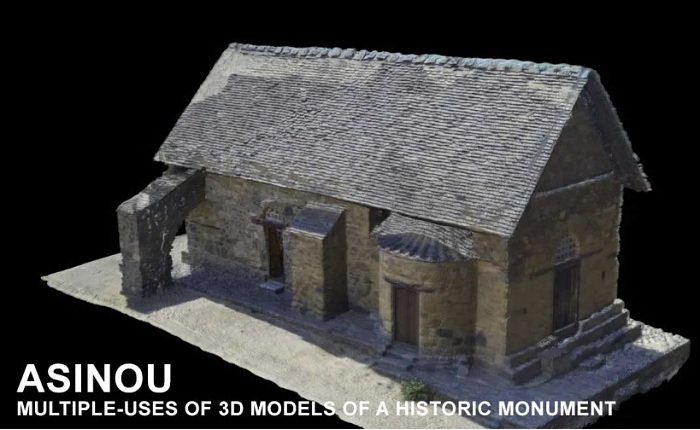
3D model of Asinou church, courtesy of Cyprus University of Technology
The project will engage a variety of CHIs in a piloting action that will set-up and test dedicated cloud-based services for the management and preservation of cultural contents in a safe and IP-mindful environment. The pilot will also generate high-quality 3D digitization of selected items and their related para-/metadata ready to be harvested into Europeana, and perform their aggregation and publication online, also to provide exemplification of few cases for use and re-use in unique areas such as Education.
On top of that, the project will focus on the capacity building of the human resources of the museums and CHIs and develop unique training materials for the 3D digitisation, processing, preserving on the cloud and harvesting in Europeana, as part of a network effort, and by offering dedicated consultancy, webinars and training. Impact assessment and mindful sustainability planning will complement the effort of the project in enabling a long-lasting contribution to the digital transformation of the sector.
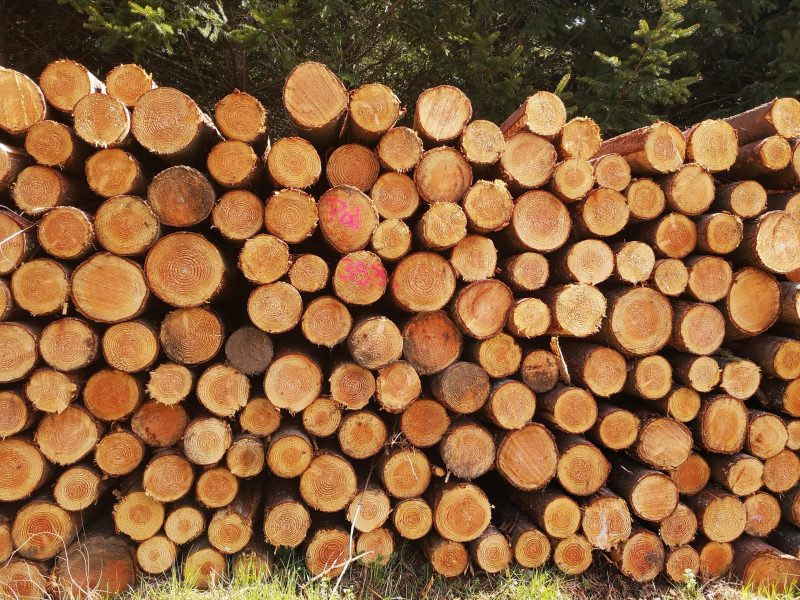


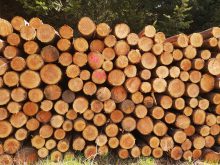
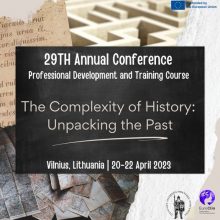
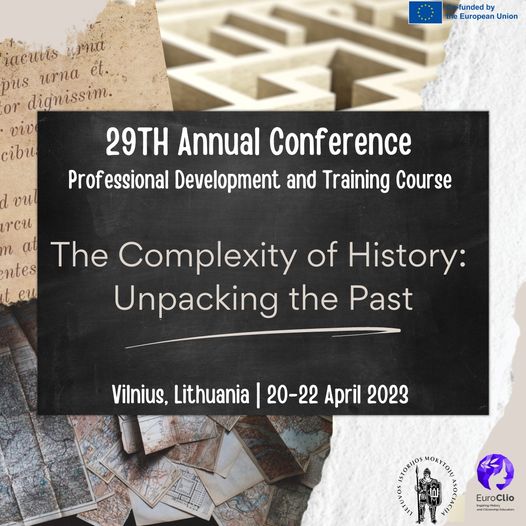 EuroClio’s 29th Annual Conference on “𝐓𝐡𝐞 𝐂𝐨𝐦𝐩𝐥𝐞𝐱𝐢𝐭𝐲 𝐨𝐟 𝐇𝐢𝐬𝐭𝐨𝐫𝐲: 𝐔𝐧𝐩𝐚𝐜𝐤𝐢𝐧𝐠 𝐭𝐡𝐞 𝐏𝐚𝐬𝐭” will be held from 𝟐𝟎-𝟐𝟐 𝐀𝐩𝐫𝐢𝐥 𝟐𝟎𝟐𝟑 in 𝐕𝐢𝐥𝐧𝐢𝐮𝐬, 𝐋𝐢𝐭𝐡𝐮𝐚𝐧𝐢𝐚.
EuroClio’s 29th Annual Conference on “𝐓𝐡𝐞 𝐂𝐨𝐦𝐩𝐥𝐞𝐱𝐢𝐭𝐲 𝐨𝐟 𝐇𝐢𝐬𝐭𝐨𝐫𝐲: 𝐔𝐧𝐩𝐚𝐜𝐤𝐢𝐧𝐠 𝐭𝐡𝐞 𝐏𝐚𝐬𝐭” will be held from 𝟐𝟎-𝟐𝟐 𝐀𝐩𝐫𝐢𝐥 𝟐𝟎𝟐𝟑 in 𝐕𝐢𝐥𝐧𝐢𝐮𝐬, 𝐋𝐢𝐭𝐡𝐮𝐚𝐧𝐢𝐚.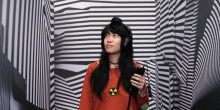
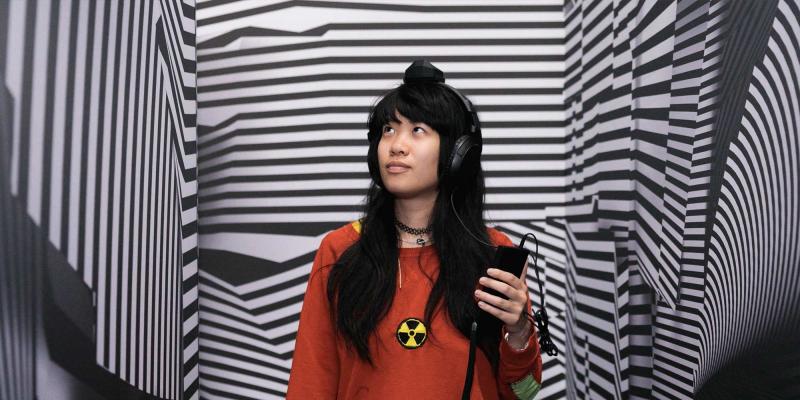
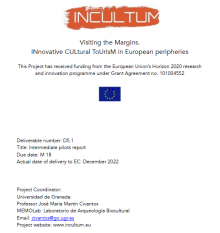
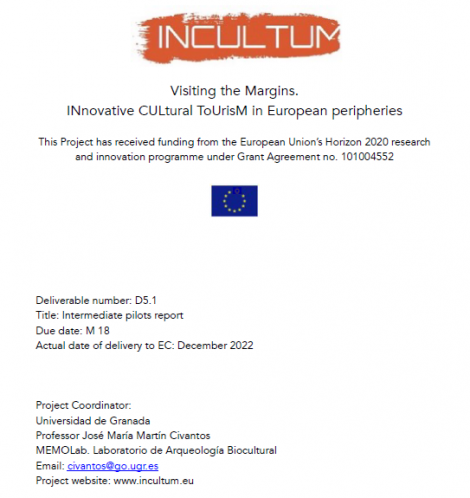 It is now available in the project’s website the recently released D5.1 Intermediate Pilots report, a condesed document which summarizes the work done by each of the
It is now available in the project’s website the recently released D5.1 Intermediate Pilots report, a condesed document which summarizes the work done by each of the 
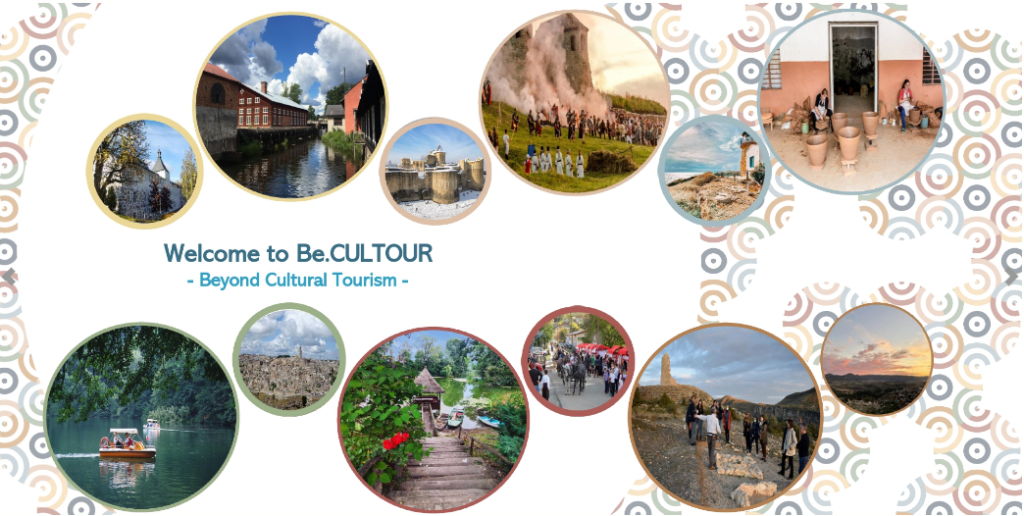
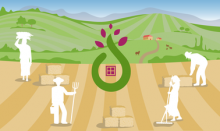
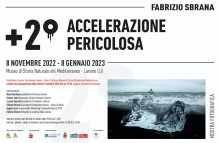
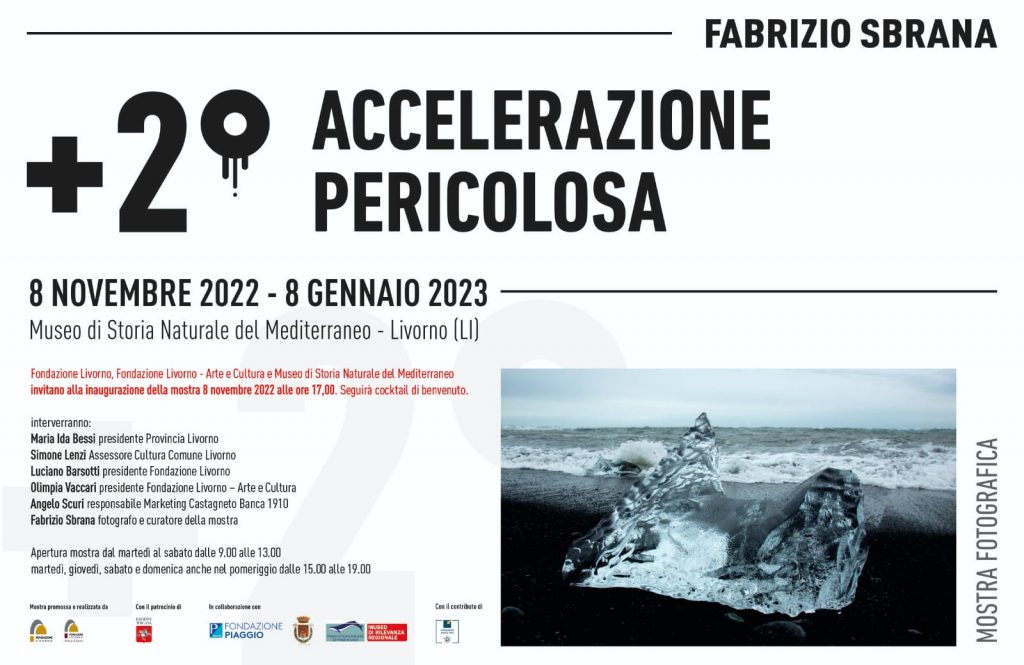












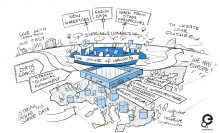



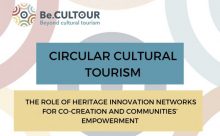
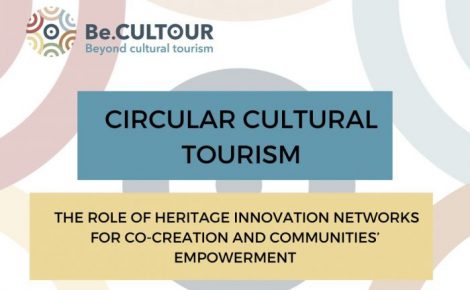
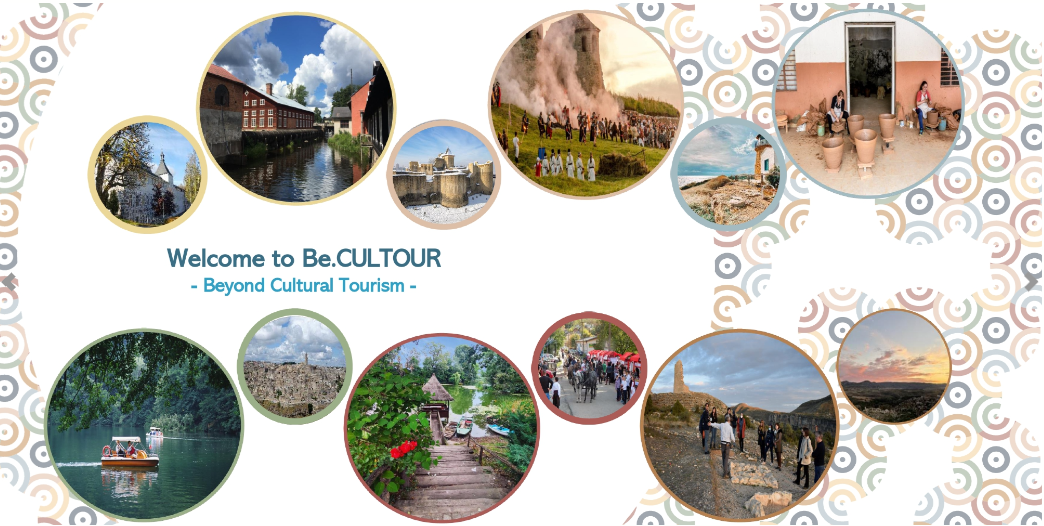
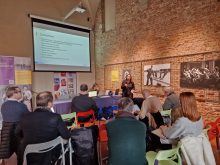
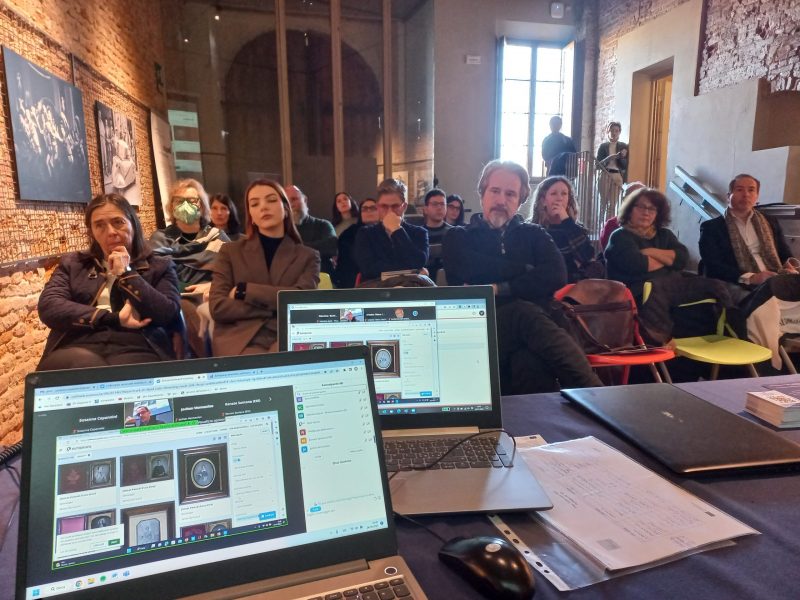
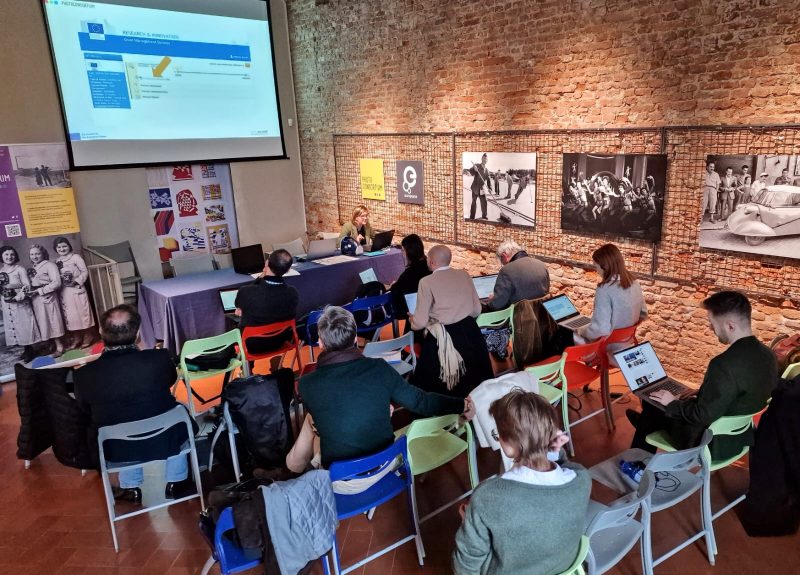
 If you have interesting news and events to point out in the field of digital cultural heritage, we are waiting for your contribution.
If you have interesting news and events to point out in the field of digital cultural heritage, we are waiting for your contribution.





























